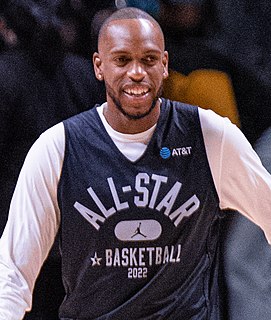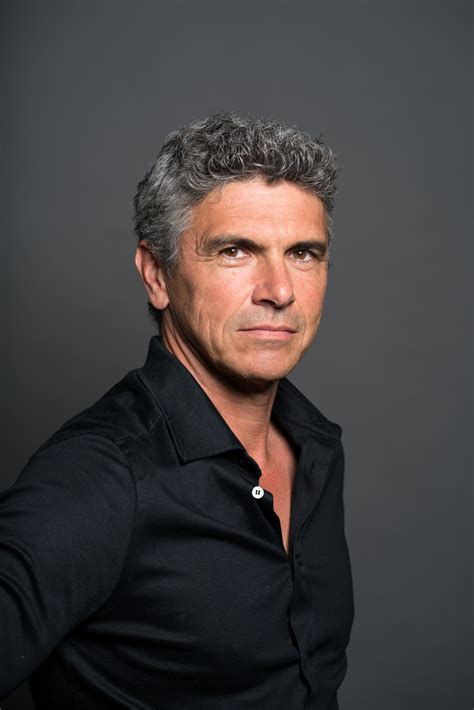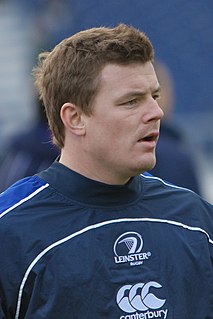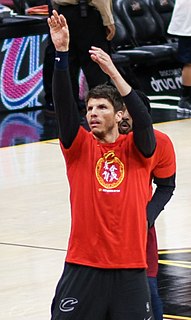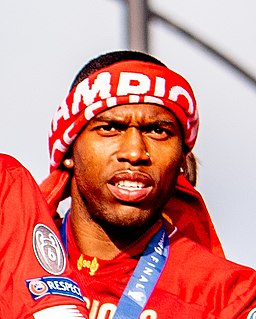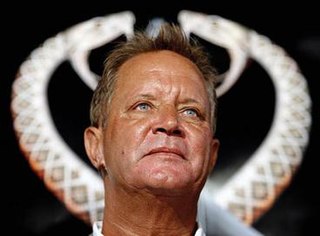A Quote by Charlie Kaufman
The biggest thing that I came across, right off the bat, was that you can't shoot this like a regular movie with multiple takes. You have to, because it's such a protracted process, break it down to the frame and pretty much get one shot.
Related Quotes
All my cuts are always about three hours, at the start, mainly because any scene in the movie that's 90 seconds, I probably shot a five-minute version of. If you just extrapolate that through the whole movie, I have a very long version of every scene, usually because, if there's one funny joke, I'll shoot five because I don't know if the one I like is going to work. I'll get back-ups because my biggest fear is to be in previews, testing the movie, and a joke doesn't work, but I have no way to fix it because I have no other line.
Alfred Hitchcock talked about planning out his movies so meticulously that when he was actually shooting and editing, it was the most boring thing in the world. But drawing comics isn't like shooting a movie. You can shoot a movie in a few days and be done with it, but drawing a comic takes years and years... That's the biggest part of doing comics: You have to create stuff that makes you want to get out of bed every morning and get to work.
Certain movies like 'Wag The Dog,' we used improv on every scene that we did. Pretty much, we would shoot from the script and then some stuff that we came up with in rehearsal, and then we'd have at least one or two takes where we completely went off the script and just flew by the seat of our pants.
When I first started in the industry, there were - this is prior to the era of computer graphics and all these digital tools - there were some pretty rigid, technologically imposed limitations about how you shoot things, because if you didn't shoot 'em the right way, you couldn't make the shot work.
I like to use a bit of chaos when I shoot. I think it may be something from the way I shot my first film - I was very scared, of course, and I prepared everything, I wanted to make sure that the characters did the right thing at the right time on the storyboard. But then I realised that in life, there is so much more than what you can predict or write in advance, that when you shoot the story, it's good to leave some gaps where you lose control. I think this combination of chaos and organisation gives a kind of quality.






